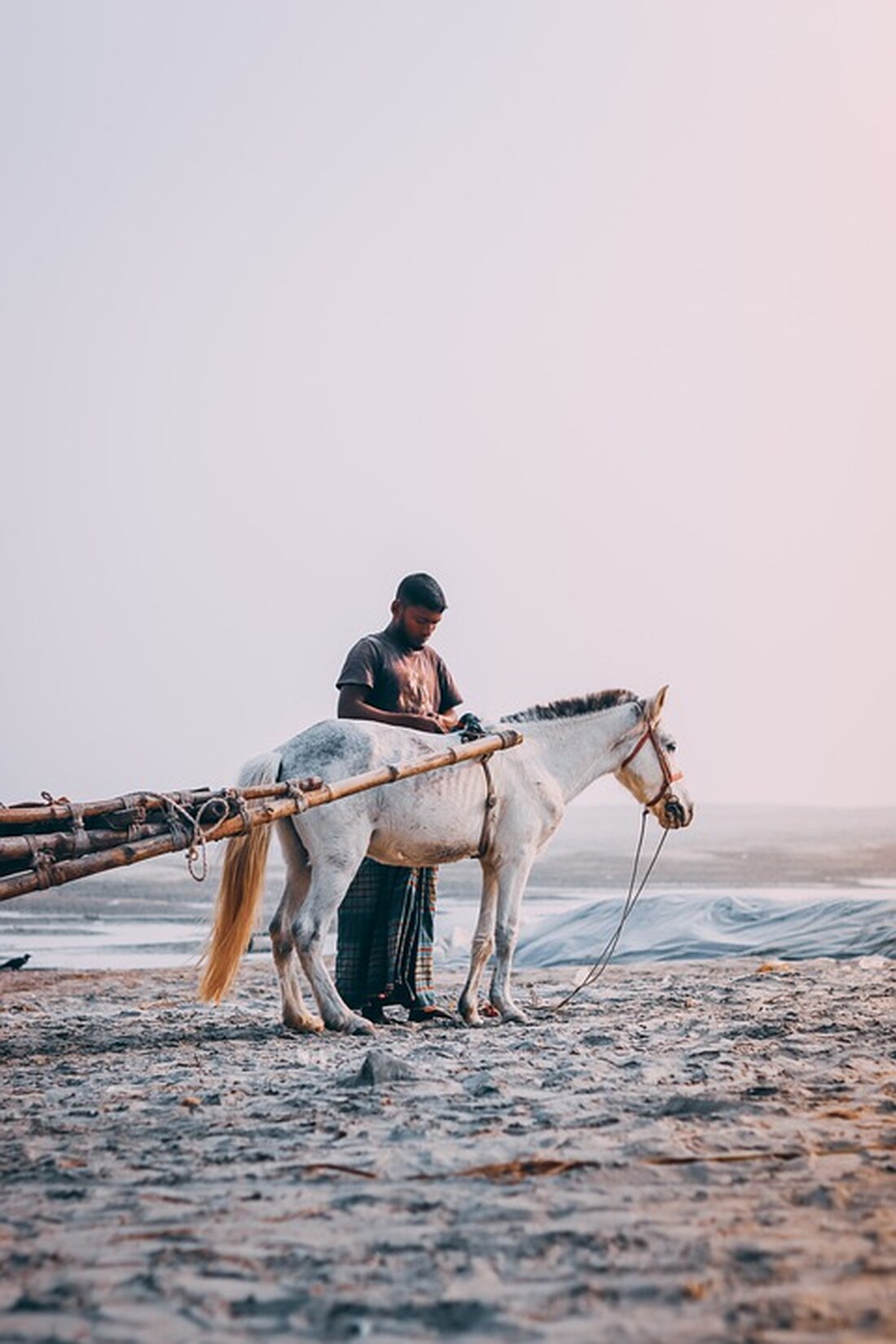Rohingya children in Bangladesh: Living in fear and uncertainty

Rohingya children in Bangladesh: Living in fear and uncertainty
The worrying Situation of the Rohingya children in Bangladesh
Seven years after the massive escape of over 700,000 Rohingya Before violence in Myanmar, the families concerned live in the refugee camps in Cox’s Bazar, Bangladesh, under extremely precarious conditions. The reports of Save the Children show that the children living there, mostly girls and boys at the age of 15 are caught in a feeling of permanent fear and uncertainty.
The situation of the Rohingya children is alarming: 48 percent of the households surveyed stated that they are afraid of violence and crime. These fears are not unfounded, because reports on kidnappings, ransoms and the compulsion to recruit young people by armed groups are also increasing in the camps. A relevant contribution to these experiences comes from the 15-year-old Kohinoor*, which reports that her sister can no longer sleep at night due to the ongoing security threats.
The uncertain location not only affects the physical security of the children, but also on their mental health. Earlier studies by Save the Children show that the children suffer stress, anxiety and depression due to violence due to violence. Marina Seitzov, who looks after the projects of Save the Children in Cox’s Bazar, explains that many children no longer leave their accommodations out of fear and thereby lose important social contacts. This is particularly worrying, since the community clubs that offer children an escape from the tristess of warehouse shopping are becoming less and less visited.
Another serious problem is the increase in early and forced marriages. Families who try to protect their daughters from sexual violence in view of the uncertain circumstances are forced to seek such solutions. These developments represent a significant burden for the future of the Rohingya children, since they miss not only fundamental freedoms, but also educational opportunities and perspectives.
In the context of the political unrest in Bangladesh, which led to a reduction in police presence in the camps, the situation of the Rohingya refugees is even more worrying. While you live in these camps, it is important to ensure your security and well -being. Save the Children urges the new transitional government in Bangladesh to take measures to improve the protection of these children and to provide them with access to education and job opportunities. These children, who live in one of the greatest humanitarian crises of our time, earn a future that preserves them from everyday horror.
Overall, almost a million Rohingya-raged in Bangladesh, including over half of children who have not experienced any formal education since 2017. The humanitarian situation is urgent. The need to protect the basic human rights and create a safe environment could not be more urgent.
Additional material & information:
* Name for protection changed
About Save the Children
The organization was founded in 1919 by Eglantyne Jebb to help children in emergencies. Today their work extends to around 120 countries and aims to protect children's rights in conflicts and crisis situations.
Cox’s Bazar/Berlin
